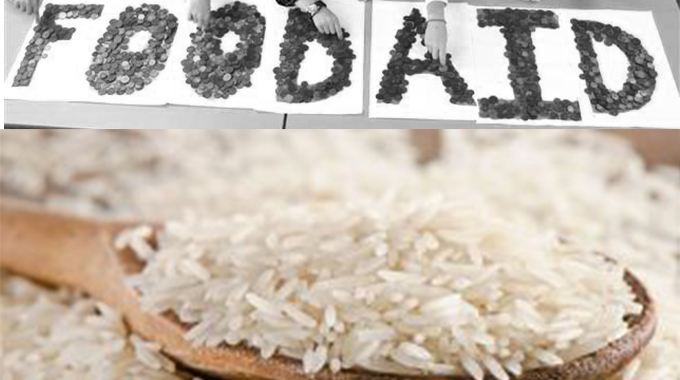
From George Maponga in Masvingo
Seven million Zimbabweans in both urban and rural areas have been registered for food aid before the next harvest following last season’s severe drought.
In 23 districts vulnerable households are already getting a 50kg bag of maize a month plus a grant of $100 to $250 depending on the size of the household.
The number of Zimbabweans registered as vulnerable and food insecure represents almost half of the country’s population with the crippling drought last year devasating crops in marginal areas, reducing yields in the rest of the country and limiting the scope for urban subsistence agriculture.
About a third of the vulnerable, or 2,2 million live in urban areas so Government and its development partners this year started a pilot project to extend food aid to urban areas targeting Epworth, which was considered the urban settlement with the highest number of vulnerable people.
The country’s social welfare strategy is undergoing review to improve efficiency in the distribution of humanitarian assistance and mitigate the effects of last year’s drought and ensure vulnerable Zimbabweans are cushioned.
For the first time this year, Government resolved to extend food relief operations to urban areas to cushion the vulnerable from hunger.
Public Service, Labour and Social Welfare Deputy Minister Lovemore Matuke on Wednesday said Government and its partners were working flat out to make sure all the seven million people registered as vulnerable receive assistance.
“We have started extending food aid and cash assistance to some of them but we are yet to cover all the affected people,’’ he said.
Deputy Minister Matuke said only vulnerable people in 23 districts – including Epworth – in the whole country were receiving cash transfers and maize to cushion them from hunger. These districts were deemed to be worst affected by food shortages and were home to the highest number of vulnerable people.
“In the identified 23 districts a family of four gets a monthly cash transfer of $250 and a 50kg bag of maize every month while a family of less than three people gets monthly cash payment of $150 and 50kg bag of maize. An individual gets a monthly transfer of $100 and a 50kg bag of maize.’’
Government was also extending monthly cash grants to institutions that look after the vulnerable at old people’s and children’s homes.
“For these institutions they get a grant of $200 per each inmate monthly to make sure they are able to look after them,’’ he said.
The Deputy Minister said resources permitting, Government, wanted to make sure that all vulnerable Zimbabweans get monthly cash and food rations to improve their welfare.
“We are working to make sure that all vulnerable Zimbabweans get assistance and we are working closely with our development partners so that we avoid things like duplication. We should closely coordinate with our partners so that households that are already receiving assistance from NGOs do not double dip by getting aid from Government. This will help us to cover all the affected people in the country.’’
He said the Government expected the number of vulnerable people to spike in the next few months with expectations that Government will also allocate more resources to allow the Social Welfare Department to cushion the population from last year’s crippling drought.
